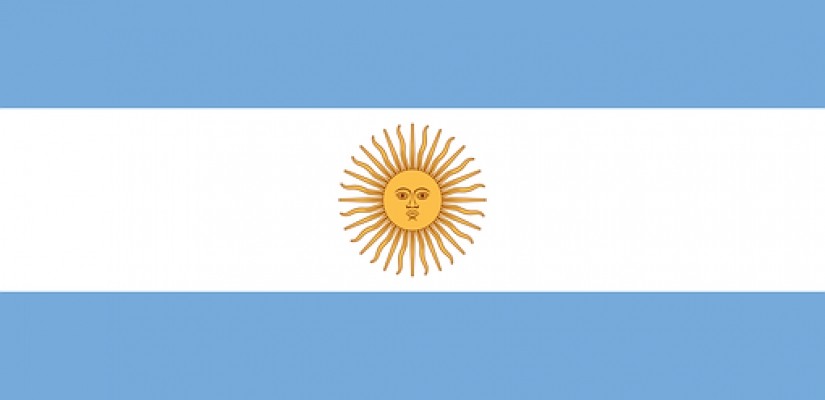
Argentina has upcoming elections on Sunday, October 27, 2019, amid growing economic troubles. Argentines voted for incumbent Mauricio Macri in 2015 with the hope that his pro-business, market-friendly policies would save Argentina from the economic misfortunes it has endured over the past century. However, if anything, the economy is now in a worse state than when President Macri inherited it from his predecessor, Cristina Fernandez de Kirchner. Inflation is at 55% a year, the economy is in recession, poverty is rising, billions of dollars have fled the country, the peso is plunging, and the country owes $100 billion in foreign debt. Many Argentines are turning to the populist movement, Peronism, for hope once again. The opposition Centre Peronist candidate, Alberto Fernandez, with predecessor Ms. Kirchner as his running mate, is expected to beat President Macri by a wide margin.
Markets apprehensively await elections results, fearful that a return to a Peronist government would imply protectionism, sharp haircuts on bonds, and a greater likelihood of default on debts. A great deal of Argentina’s future and their relationship with foreign investors depends on the new administration’s negotiations with the IMF, who have provided Argentina with a loan of $57 billion. Regardless of the outcome of Sunday’s election, one thing remains clear: the future administration is inheriting an economic predicament that requires an effective economic framework to put Argentina on the right track.
